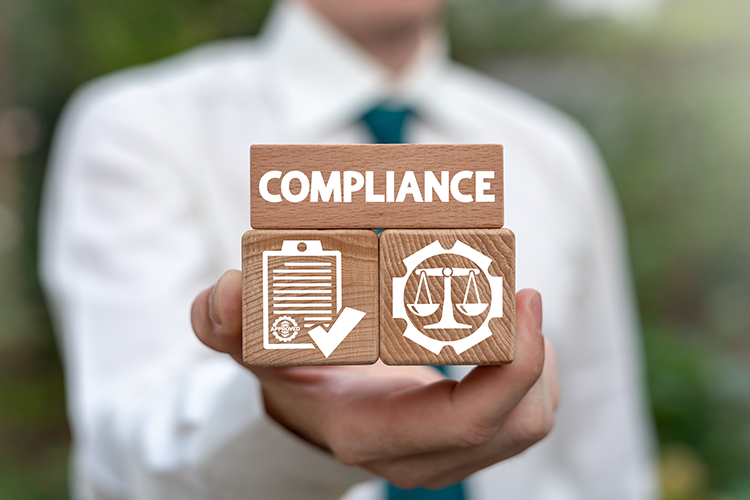Can States Require Social Media Companies to Give Equal Time?
In the wake of the January 6, 2021, riot at the U.S. Capitol, Twitter permanently banned Donald Trump from its platform. Other social media companies, including Facebook and YouTube, quickly followed suit.
Perceiving a coordinated campaign to censor conservatives, two states — Florida and Texas — passed laws restricting the power of social media platforms to moderate content and, in Florida’s case, deplatform political candidates who violate their terms of service.
Trade organizations representing the companies filed lawsuits that challenged those laws as violating free speech under the First Amendment. These cases raise two critical questions about the role of social media companies in our country. First, is what social media companies do when they regulate content protected by the First Amendment? And if it is, can a state nonetheless require social media companies to allow people and viewpoints they disagree with on their platforms?
Judges don’t seem so sure about the answers.
Florida
Let’s start with the Florida case. In May 2021, Gov. Ron DeSantis signed into law the Stop Social Media Censorship Act. That statute fined social media companies $250,000 for each day a political candidate for a statewide office was deplatformed and generally barred “shadow-banning” (hiding or suppressing) content that was “by or about” a political candidate.
When it got the case, a federal district court put the law on hold pending further consideration. It determined that social media companies are just like every other media company in the United States, entitling them to the First Amendment right to make editorial decisions about what and who to allow on their platforms. The companies were within their rights to ban people and viewpoints they disagreed with.
Although the 11th U.S. Circuit Court of Appeals disagreed about the legality of certain disclosure and user-access requirements, it agreed with the district court that Florida could not punish a social media company for moderating content or for banning people for terms of service violations.
Texas
Now let’s turn to Texas. Texas’ law is a little different. Texas didn’t require social media companies to platform all political candidates. Instead, it prohibited those companies more generally from discriminating against content they disagreed with. When the trade associations sued Texas, a federal district court there put the law on hold.
The Fifth U.S. Circuit Court of Appeals put that hold on hold (we know, it gets a little confusing). We aren’t really sure why. The court didn’t explain its reasons. In a footnote, the court observed that the judges on the three-judge panel were not unanimous, so we know that they disagreed with each other.
The Supreme Court Steps In
Where did that get us? Two states have tried to regulate the content-moderation policies of social media companies. And courts reached different conclusions about whether states have that power.
But not so fast.
The Supreme Court was asked to throw out — stay with us now — the hold on the Texas hold. The court split 5-4 and left the original hold in place, meaning that Texas cannot enforce its law.
The makeup of the split may be surprising. The five justices who voted against taking the case included Chief Justice Roberts and Associate Justices Steven Breyer, Sonya Sotomayor, Brett Kavanaugh, and Amy Coney Barrett — two liberals and three conservatives. The four justices who would have taken the case were Associate Justices Clarence Thomas, Samuel Alito, Elena Kagan, and Neil Gorsuch — three conservatives and one liberal.
Alito, Gorsuch, and Thomas explained why they would have taken the case. Alito wrote that the case presented novel questions about social media companies and their business models that would inevitably require Supreme Court involvement. So rather than avoid the issue for the time being, these justices would have addressed it without delay.
Stay Tuned!
Where does that leave us? For now, the holds on both the Florida and Texas laws are in place. That means that at least for now, while the cases continue to work their way through the courts, social media companies can moderate content on their platforms. We will let you know if that changes. This judicial tennis match is far from over.
You Don’t Have To Solve This on Your Own – Get a Lawyer’s Help
Meeting with a lawyer can help you understand your options and how to best protect your rights. Visit our attorney directory to find a lawyer near you who can help.






